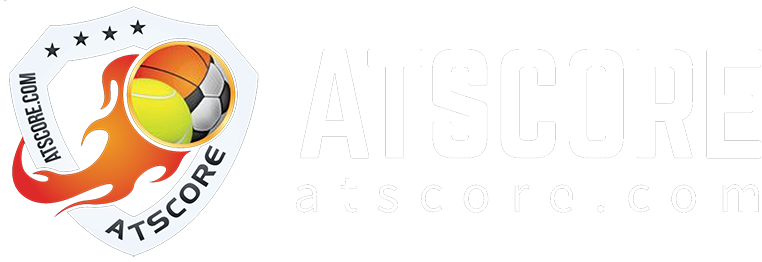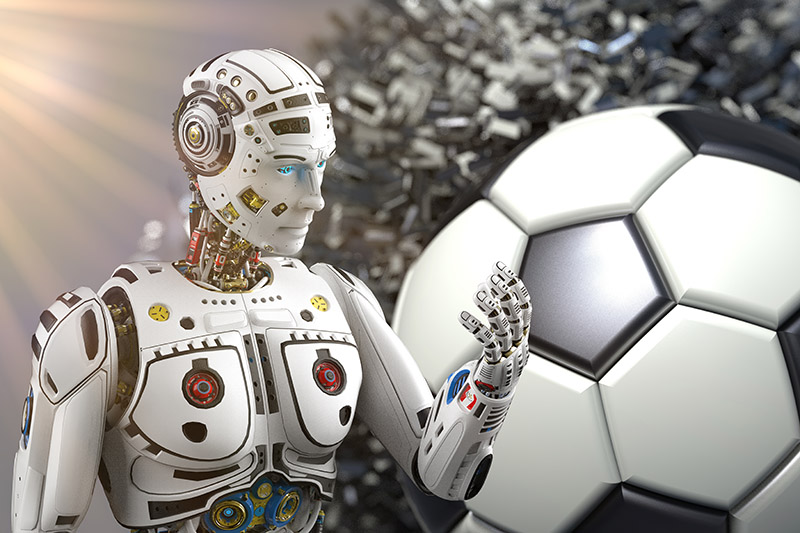Google DeepMind has successfully trained a pair of bipedal robots to engage in a soccer match, demonstrating a significant leap in the application of artificial intelligence in robotics. Published in today’s issue of Science Robotics, the research outlines the use of deep reinforcement learning (deep RL) to enable these humanoid machines to dribble, defend, and score goals with surprising agility and coordination.
The project builds on previous advancements in robotics but shifts focus to humanoid, two-legged bots, which present unique challenges compared to their four-legged counterparts like those developed by Boston Dynamics. By mastering complex movements and game-playing strategies through deep RL, these robots are not only enhancing their physical capabilities but also showcasing potential applications far beyond the soccer field.
What Can the Robots Do?
The robots, which started with basic skills such as rising from the ground and shooting against untrained opponents, underwent rigorous training. They competed against copies of themselves in simulated environments, gradually learning to predict and counteract opposing moves, leading to a refined soccer-playing ability. This training resulted in the robots performing 181 percent faster walks, 302 percent faster turns, and 34 percent faster kicks compared to earlier non-adaptive models.
Current Implications and Beyond
While the current application is confined to small-scale, simulated environments, the implications for sports betting are vast. As AI continues to bridge the gap between virtual simulations and real-world capabilities, the betting markets could see a new genre of sports where robotic athletes are the stars. This transition might not only alter how odds are calculated and bets are placed but could also introduce entirely new formats and rules in the sports betting arena.
Furthermore, the continuous improvements in AI and robotics suggest a future where these technologies could be integrated into larger-scale competitions like the RoboCup, or even beyond into mainstream sports events. Bettors and sportsbooks might need to adapt to these changes, considering factors such as robotic agility, AI learning curves, and the unpredictability of AI-driven strategies.
How Will This Affect the Sport, and Betting Markets?
As Google DeepMind plans further developments, including the integration of real-time physical training, the potential for AI in competitive sports becomes more pronounced. While humanoid robots on professional soccer fields may still be a distant reality, their evolving capabilities hint at a transformative impact on sports, entertainment, and betting industries alike.

 at
at 








